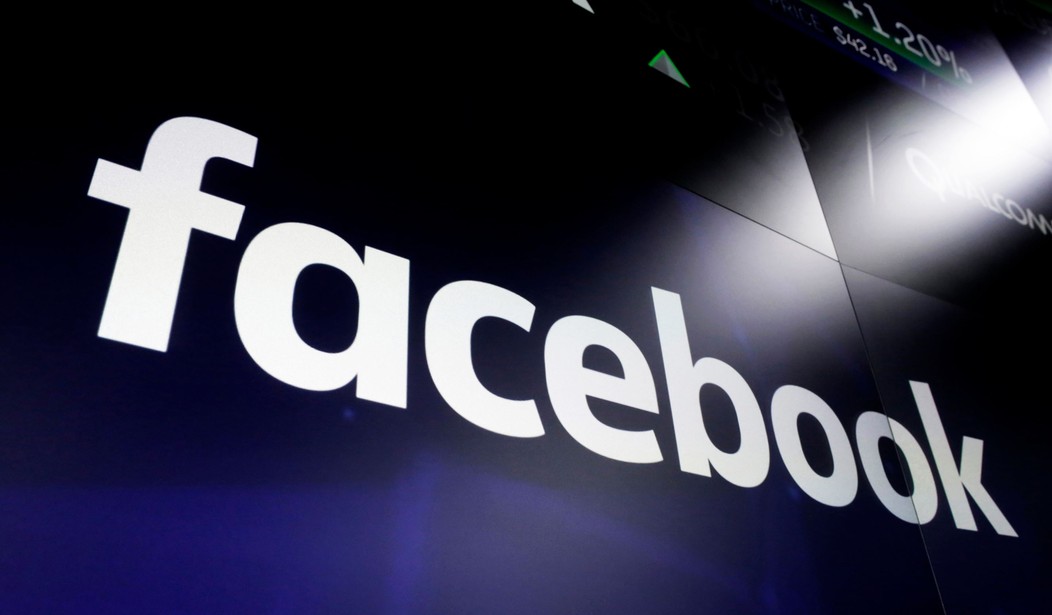United Nations Human Rights expert Fionnuala Ní Aoláin wrote a letter to Facebook chief Mark Zuckerberg Monday to express concern over the social media giant’s “overly broad” definition of terrorism which, she believes, could be harmful to free speech.
She notes that, in a blog post, Facebook defines terrorist organizations as “any non-governmental organization that engages in premeditated acts of violence against persons or property to intimidate a civilian population, government, or international organization in order to achieve a political, religious, or ideological aim.”
Ní Aoláin explains that “the definition employed by Facebook equates all non-state groups that use violence in pursuit of any goals or ends to terrorist entities. However…only a subset of violent acts committed by a non-state actor can be qualified as terrorism.”
She goes on to explain that Facebook’s overly broad definition could aid governments seeking to silence dissent, violent or otherwise.
“The use of such a sweeping definition is particularly worrying in light of a number of governments seeking to stigmatize diverse forms of dissent and opposition (whether peaceful or violent) as terrorism,” she writes. “The definition is further at odds with international humanitarian law as it qualifies all non-state armed groups party to a non-international armed conflict as terrorists, even if these groups comply with international humanitarian law.”
She went on to voice concern over a lack of transparency about the manner in which Facebook determines if a person belongs to a particular group, and how that person has “the opportunity to meaningfully challenge such determination.”
“The absence of any independent processes of review, oversight and monitoring of Facebook’s actions is also highly problematic,” she emphasized.
Recommended
Reuters notes that social media groups have been under scrutiny from the UN recently over the targeting of minorities.
Former UN human rights chief Zeid Ra’ad al-Hussein said last week that Facebook had “allowed its platform to be used to incite violence against the Rohingya Muslim minority in Myanmar, where UN experts say a military crackdown had ‘genocidal intent.’”
Facebook spokeswoman Ruchika Budhraja told Just Security that Facebook aims to help the public “better understand our thinking and the frameworks we use to make decisions” about the site's content and users. Facebook executives met with Ní Aoláin last week.
“By transparently sharing our definition of terrorism, our goal is to create opportunities for increased dialogue with important stakeholders, as was the case here,” Budhraja said in an email to Just Security. “We welcome this dialogue and hope to continue our conversations with the Special Rapporteur and others who are thinking deeply and working tirelessly on these issues.”

























Join the conversation as a VIP Member